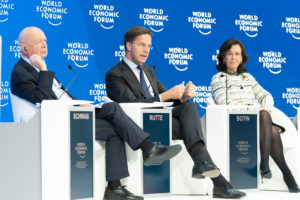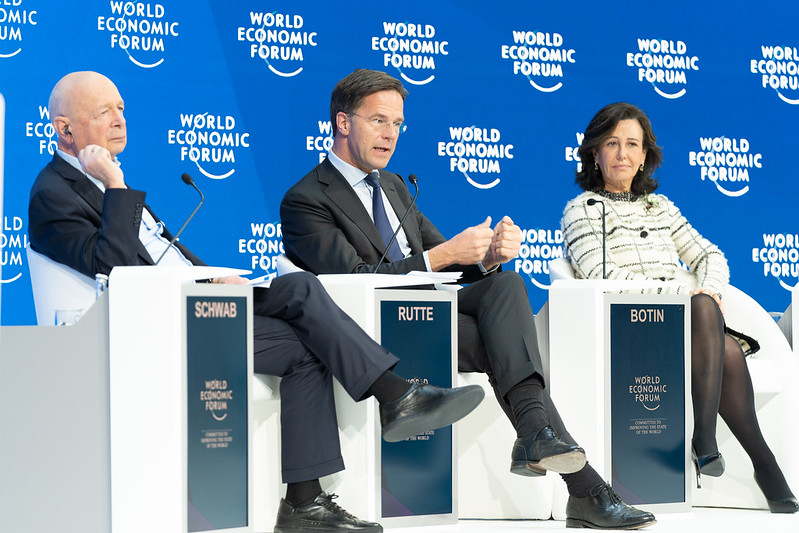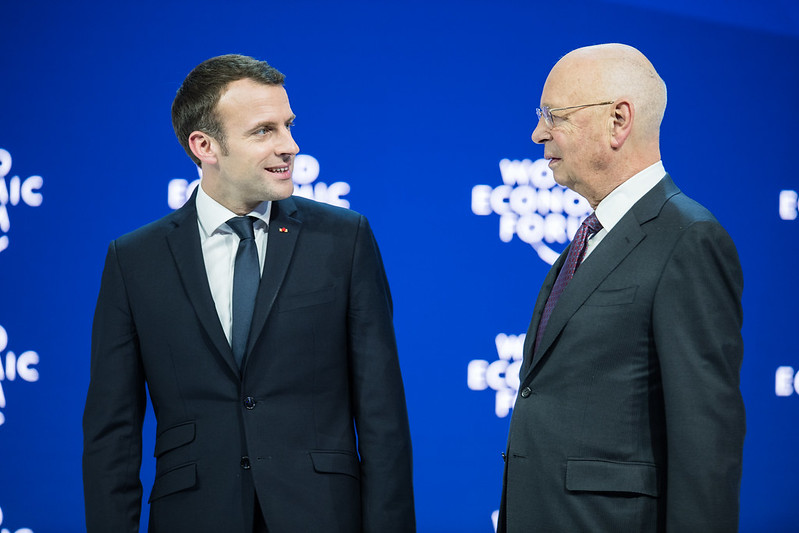
The world has been watching in suspense as farmers in Holland protest pending legislation that will put many of them, and their multi-generationally owned farms, out of business. But, as Chris Johnson explains in The American Conservative, the legislation these farmers are fighting didn’t materialize out of the ether. It’s a planned attack on their livelihoods, and it all stems from the World Economic Forum, the birthplace of the Great Reset. Johnson writes:
It was less than half a year ago that Canadian truckers brought downtown Ottawa to a gridlocked standstill protesting Covid restrictions. They knew the stakes were high and the world was watching.
And indeed we did watch, as their protests unveiled the Canadian government as authoritarian and revealed that the Trudeau administration’s hunger for power dwarfed their concern for their citizens’ wellbeing. Perhaps the greatest accomplishment of that protest was the message that it sent the world: for all the central planning of our politicians—both locally and globally—they still rely on the “little people.”
In Holland, farmers are following the Canadian truckers’ lead, though they are ratcheting the tactic up to the next level. The “Boers” aren’t just blocking traffic, they’re spraying manure on government offices and officials’ homes, lighting hay bales on fire in the highway median, and blocking shipments from processing plants.
To varying degrees, they’ve been at this for weeks as their parliament has contemplated a measure which seeks to drastically cut emissions from farms, forcing sales of farmland that has been owned in some cases for hundreds of years by the same family. It would mean farms having to slaughter large percentages of healthy herds. Ultimately, for many small farms, it would mean the end of their livelihoods.
This is admitted by the Dutch government. According to ABC News,
The ruling coalition wants to cut emissions of pollutants, predominantly nitrogen oxide and ammonia, by 50% nationwide by 2030.… ‘The honest message…is that not all farmers can continue their business,’ and those who do will likely have to farm differently, the government said in a statement this month as it unveiled emission reduction targets.
It takes a lot of insolence for a government to tell hardworking citizens that they are being purposely driven out of business for the sake of an arbitrary deadline. Yet, ultimately, that’s the decision the Dutch government made. So who is this “ruling coalition,” and what’s so special about the year 2030?
Mark Rutte, the prime minister of the Netherlands, just last year proudly announced to the world that “the Netherlands will host the Global Coordinating Secretariat of the Food Innovation Hubs.” According to InvestInHolland.com, Food Innovation Hubs are the “flagship initiative of WEF’s [World Economic Forum] Food Action Alliance.” The purpose of the Food Action Alliance, according to the World Economic Forum press release announcing its launch, is to “brin[g] together the international community to tackle an urgent historic challenge: to reshape the way we think, produce, supply and consume food.”
Johnson concludes, “The ‘little people’ of western democracies who keep food on our tables are not crazy for wondering: Who is leading our nations’ leaders? Are they taking us anywhere we want to go?”
Dutch farmers message to Mark Rutte: “The protests will continue, we have the support of millions of people, there will be actions that Holland has never seen before.” pic.twitter.com/fxI27VrWAF
— @takeactioncanada.ca (@Takeactioncan) July 14, 2022



